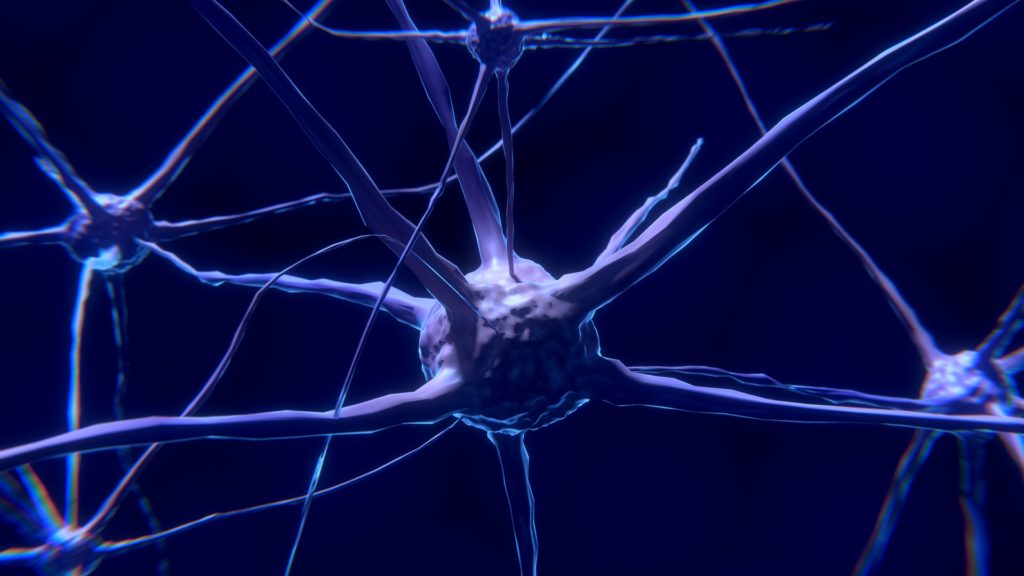Most of us have found ourselves living with a situation that we really ought to change. However, no matter how beneficial these changes would be, we may still feel uncomfortable about making them. Reasons for our hesitancy can be numerous, and of course, when a change involves other people, it can prompt us to question our decisions even more. Still, what about those changes that involve just us and our well-being? What if our old ways are no longer relevant to our current life?
Creation in process
Maybe you have noticed that certain patterns of thought or behaviour no longer resonate with you and the person you want to be. However, for some reason you find it hard to break away from these undesired habits – whether it is the way you do things, the way you react when in a relationship or how you choose food when not too happy?
Donald Hebb, a Canadian neuropsychologist known for his work in the field of associative learning, coined a phrase ‘Neurons that fire together, wire together.’ But what does this actually mean? It means that when we repeat an experience over and over again, the same neurons fire each time and consequently establish a neural pathway. So, the more we practice a certain type of behaviour, the harder it becomes to introduce a change as the connection between (e.g. feeling upset and having a cigarette) has become reinforced through repetition.

So, how do we change things?
Most of us have resolved that from tomorrow, next week or next year we will make a specific change, but when the moment arrived we found a reason – not to. All patterns of behaviour are stored in our limbic system – everything we have learnt is there, so when a similar situation occurs again, our brain is searching for an existing template and responds accordingly, very often even without us being aware of it. This is the reason why non-wannabe smokers may suddenly find themselves lighting up without recalling how that cigarette ended up in their hand in the first place! So, the first thing to do is to become aware of the triggers and situations that perpetuate the habit and, more often than not, reduce stress levels.
Use it or lose it
The good thing is, although we may feel stuck in a habit, our brain is additive by nature, which means – you can rewire it! Neuroscientists today refer to this process using a very popular term called – neuroplasticity.
In the beginning, making a change may require a lot more conscious effort (and cause some resistance!) but no need to feel discouraged as this is where hypnotherapy works extremely well. It reduces stress levels so you can be more thoughtful and less reactive when the same triggers are involved. Furthermore, as it restores our intellectual control, it becomes easier to choose a new – preferred response. (e.g. take a couple of deep breaths instead of a puff of smoke) Being calm and relaxed facilitates the process and gives you an opportunity to consciously implement new ways of doing things until they become established through practice as new neural pathways which are relevant to our current life. So why not start today by writing down the triggers and situations which keep on perpetuating themselves and finding what little thing you could do today to move towards your desired goals?
Did you enjoy this article? Share it with your friends on Twitter, LinkedIn, Facebook or Google+.
Want to know more? Try this – Where does your imagination take you


 Not local? I offer online hypnotherapy and BWRT sessions via Zoom! For more details please click
Not local? I offer online hypnotherapy and BWRT sessions via Zoom! For more details please click